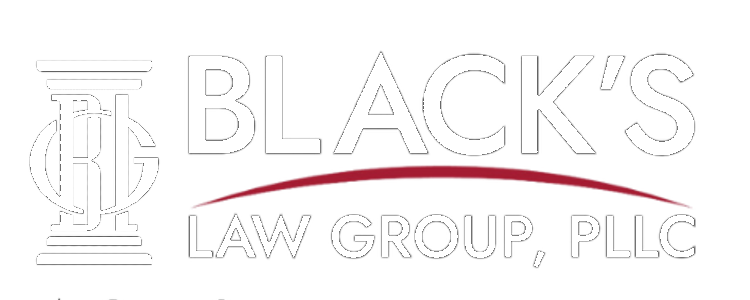Criminal convictions often serve as a barrier to entry in the job market and injure your reputation in the community. When newscasters, media, policymakers discuss our criminal justice system, they often do so from the lens of looking at recidivism, or the frequency with which people that are convicted of a crime later commit another crime. Many attorneys that work directly in the trenches of the criminal justice system representing defendants know that each defendant is their own person and oftentimes, the big picture analysis can focus solely on the forest while missing the individual trees.
Fortunately, Connecticut is one of the many states that have established a path for persons that have a criminal record to seek relief and erase (or expunge) convictions from their record. This is precisely what receiving an “absolute pardon” does. This lengthy process is the way that people looking to put their past mistakes truly in the past, and move forward with their lives, can have their criminal records expunged.
Yet, the process is easier said than done. Hiring a Connecticut pardon attorney to guide and represent you throughout each phase of the pardon process can be the difference between erasing your criminal record or being forced to continue dealing with the fallout that these convictions can cause. The pardon attorneys at Black’s Law Group understand the stakes of these applications and how to present the most compelling case to the Board of Pardons to erase your record. Below, you will find some frequently asked questions and information on the process for seeking an absolute pardon in Connecticut.
What is the Board of Pardons?
The Board of Pardons and Parole, specifically, the Pardon Division, oversees the process of seeking a pardon in Connecticut.
What is the difference between an absolute pardon and a certificate of employability?
An “absolute pardon” is the technical term that describes what most people think of when they heard “pardon.” It is the total erasure or expungement of a person’s criminal record.
On the other hand, a certificate of employability does not do anything to erase your criminal history. It is a certificate that can be presented to potential employers or current employers that are concerned about a person’s criminal history.
Am I eligible to apply for a pardon?
Pardon eligibility depends on a person’s criminal background, specifically, whether their last conviction was a misdemeanor or a felony. You must wait three years from the date of sentencing to apply for a pardon if that conviction was for a misdemeanor or multiple misdemeanor offenses. If your last conviction was a felony, you must wait five years from the date of sentencing before you can apply.
On top of the misdemeanor and felony conviction rules, you also cannot apply for a pardon if you are actively on any form of supervision following your conviction. This includes periods of probation or conditional discharges. In other words, if you were found guilty of multiple misdemeanors, and sentenced to five years of probation, you are not eligible for a pardon until after you finish your probation.
What if I only want to erase some of my convictions?
Unfortunately, this is not an option. Seeking an absolute pardon in Connecticut is an all or nothing game. You can either apply to have your entire criminal history erased, or none of it.
What does the pardon application process look like?
Applying for a pardon takes time. It is a lengthy, intense process from start to finish.
The process does not start with completing an application. Instead, the process starts with gathering required documents that must be included with your pardon application. These documents include police reports, criminal and driving histories, authorization forms for the Pardon Division to conduct their own background check, and questionnaires from friend and family to support your pardon application.
The best applications go beyond what is required. They include documents showing proof of employment, professional certifications, resumes, and more. The Pardon Division will consider any documentation supporting your application that you provide them with. An experienced pardon attorney will also identify possible documentation to include that is specific to your particular application (and prior criminal history) to maximize your chances at a successful application.
Once you have all of the documents that you want to submit to the Pardon Division, you complete the application. The application must be completed online through the Board of Pardons and Paroles ePardon Portal. Once you start your pardon application, you have six months to finish it.
After submitting your application, it will be reviewed by the Pardon Division. If you are eligible for a pardon, the Pardon Division will arrange a phone interview with you. Like any interview, they will ask you general questions related to your application and explore why you are a candidate that deserves to have their criminal history erased.
In some cases, the Pardon Division will grant your pardon without a formal hearing. However, there is a hearing process for pardon applications, where you can present your case with the assistance of counsel for why you ought to receive the benefit of a pardon.
Hire a Connecticut Pardon Attorney Today
Whether you or a loved one are seeking a pardon, hiring an experienced attorney to guide you through the process could be the difference between having your criminal history erased or waiting to apply again after the Pardon Division denies your application. You want a team that knows that the facts of any case, even those where you were convicted, are not always black and white. Call the team at Black’s Law Group today for your free Connecticut pardon consultation.

